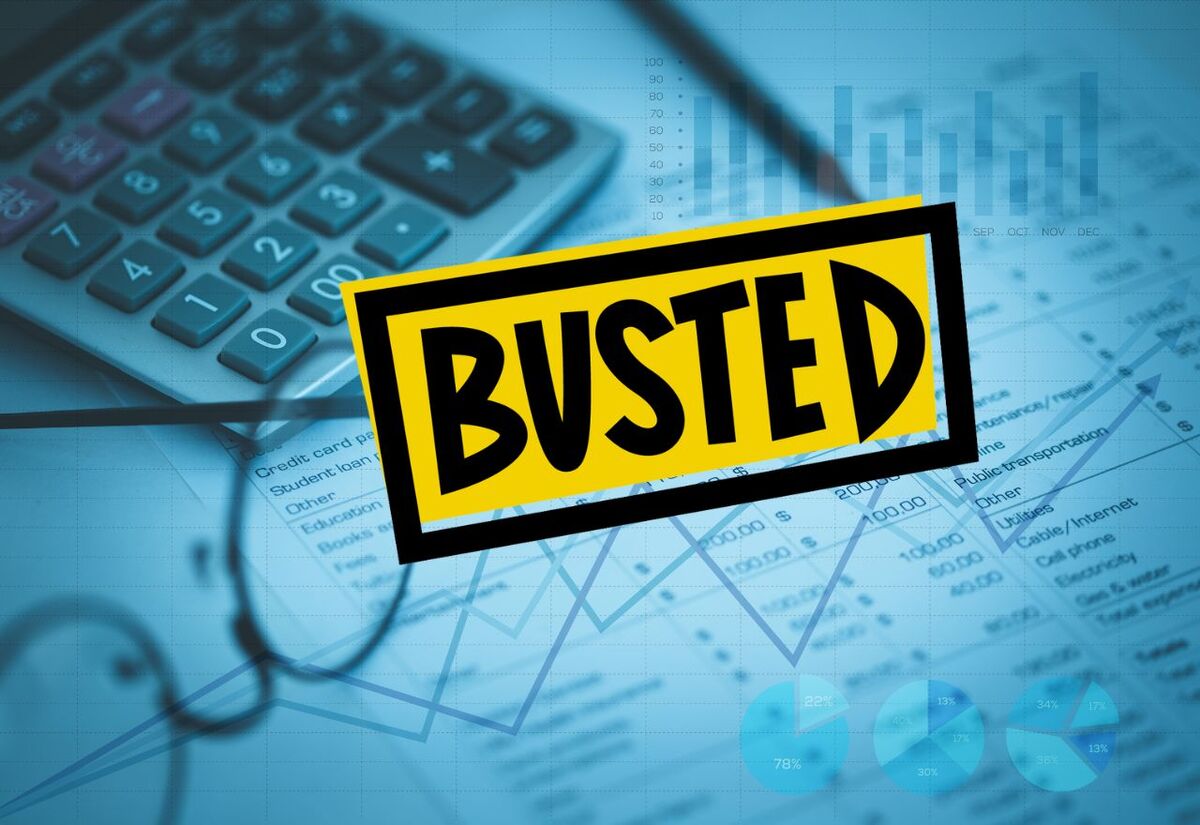Money: Loan Jargon Busted
Philip Markwick - Money Contributor
31 December 2024, 9:30 PM
 Part 1 of 3
Part 1 of 3If you're new to the world of borrowing money, it might seem like we're speaking another language!
The loan industry is filled to the brim with words that seem to be designed to make things unclear, instead of the opposite.
Hopefully this will help untangle the jargon and make it easy for you to understand the ins and outs of loans.
Here are some words you will likely come across:
Arrears
If your loan or account is "in arrears", that means that you've missed one or more payment.
You want to avoid being in arrears – it's not great for your credit score and can ultimately cause further fees.
If you think you might fall behind on repayments, it's a good idea to contact your lender as soon as possible.
Asset
An "asset" is something of long-term value that is owned by you, or your business.
This is often also called "collateral".
Common personal assets are your home and car.
If you're in business, you might own office computers or factory equipment.
Authority
In loan terms, giving authority means giving permission - not putting someone in charge.
When we set up a direct debit for your loan repayments, we will request payment authority.
When you grant this authority, you are saying that we are allowed to withdraw money from your bank account, on a regular schedule and at a pre-set amount.
CCCFA
This is NZ legislation that lays out many of the rules for both parties in a contract for consumer finance (its full name is Credit Contracts and Consumer Finance Act).
The most important job of the legislation is to protect consumers from being taken advantage of when taking out a loan and to make sure you're given the opportunity to fully understand what you're signing.
Co-borrower
This refers to someone who will join you in signing the loan contract.
The reason for including a co-borrower are varied, and the co-borrower has the same legal responsibilities under the loan as the borrower.
Credit Score or credit history
Credit scores are like haircuts: we all have one, and some are better than others!
Your credit score is a number between 1 and 1000 that gives lenders an idea of what your previous financial history is like, along with how good you are at paying your bills.
Most credit scores are between 300 and 850; if yours is above 500 you're doing OK.
Credit scores are based on everything you've done financially in the past - so if you've had a loan, buy now / pay later or internet bill and paid it off on time, then that's a good thing for your credit score.
Having a negative history - like a bankruptcy, debt collection, or a lot of missed payments - lowers your overall score.
If you have a good credit score, it will be easier to borrow money and it may assist in getting a better interest rate.
Was the above useful?
We hope this has helped you to cut through some of the jargon - it's important to us that you understand the language and feel comfortable and confident about your lending.
If we've missed something, or there's another term you'd like to know more about, please call in and talk to us or give us a quick call.
You are protected by responsible lending laws.
Because of these protections, the content above is not regulated financial advice.
This means that duties and requirements imposed on people who give financial advice do not apply to this content.
This includes a duty to comply with a code of conduct and a requirement to be licensed.
As this is part 1 of 3 instalments, if you feel you want to know the rest now, don't hesitate to email us at [email protected] for the full Loan Jargon Buster!
PROFESSIONAL SERVICES

